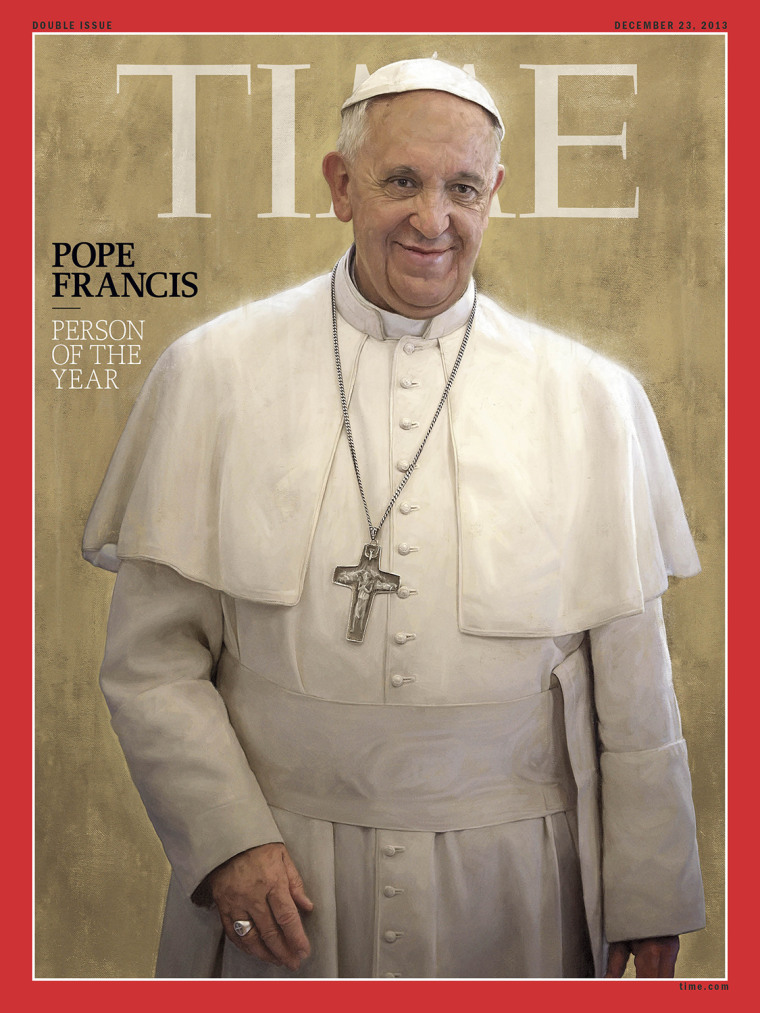Pope Francis, the 266th pope of the Roman Catholic Church, has left an indelible mark on the world since his election. His tenure as pontiff began under unique circumstances following the resignation of Pope Benedict XVI, marking a significant moment in the history of the papacy. As the first pope from the Americas and the first Jesuit to hold the position, Pope Francis has brought a fresh perspective to the Vatican, focusing on themes of humility, social justice, and environmental stewardship.
Understanding the exact date and historical significance of Pope Francis's election provides insight into the transformative leadership he has offered the global Catholic community. This article delves into the pivotal events surrounding his selection, exploring how this historic moment reshaped the trajectory of the Catholic Church and its engagement with contemporary issues. Through a review of key milestones and reflections on his impact, we uncover the enduring legacy of Pope Francis's papacy.
The Election of Cardinal Jorge Mario Bergoglio
On February 28, 2013, Pope Benedict XVI made the unprecedented decision to resign from his position, citing health reasons and the demands of the modern papacy. This unexpected move set the stage for a conclave that would eventually elect Cardinal Jorge Mario Bergoglio as the new pope. The vacancy in the papal seat was filled after a series of deliberations among the College of Cardinals, who convened in Rome to choose their leader.
Bergoglio, known for his modest lifestyle and commitment to serving the poor, quickly emerged as a leading candidate during the conclave. On March 13, 2013, white smoke billowed from the Sistine Chapel chimney, signaling the election of a new pope. The announcement Habemus Papam (We have a Pope) echoed through St. Peter's Square, introducing the world to Pope Francis.
This election was not only significant due to the circumstances but also because it marked the first time a pope was chosen from the Americas, highlighting a shift in the geographical representation within the Catholic hierarchy. Pope Francis's choice of name, inspired by Saint Francis of Assisi, further underscored his dedication to simplicity and service.
A New Era in Leadership
As Pope Francis took the helm of the Catholic Church, he embarked on a mission to reform and revitalize the institution. Following his election, he immediately began addressing issues such as corruption within the Vatican, advocating for transparency and accountability. His approach was characterized by a desire to reconnect with the faithful and reach out to those on the peripheries of society.
Pope Francis's emphasis on mercy and compassion resonated deeply with Catholics worldwide. He encouraged dialogue between different faiths and promoted peace initiatives globally. By prioritizing issues like poverty alleviation and climate change, he expanded the Church’s role beyond traditional religious boundaries, engaging with pressing global challenges.
His pastoral style emphasized humility and accessibility, setting him apart from previous popes. Regularly interacting with people from all walks of life, including marginalized communities, reinforced his message of inclusivity and love for all humanity. These actions helped redefine what it means to be a spiritual leader in today's world.
Key Milestones During His Pontificate
In the decade since his election, Pope Francis has achieved numerous milestones that highlight his commitment to reform and renewal within the Catholic Church. One notable achievement was the publication of his encyclical Laudato Si', which addressed ecological concerns and called for collective action to protect our planet. This document positioned the Church as a proactive advocate for environmental sustainability.
Another significant event occurred when Pope Francis presided over the Synod of Bishops focused on young people, faith, and vocational discernment. This gathering aimed to engage younger generations more effectively and foster greater participation within the Church. Additionally, efforts to decentralize power within the Vatican bureaucracy sought to streamline operations and empower local bishops.
Throughout his pontificate, Pope Francis continued to challenge existing structures while promoting unity and reconciliation among diverse groups both inside and outside the Church. His ability to navigate complex theological debates while maintaining open communication channels ensured that his vision for a compassionate Church remained at the forefront of discussions about its future direction.

